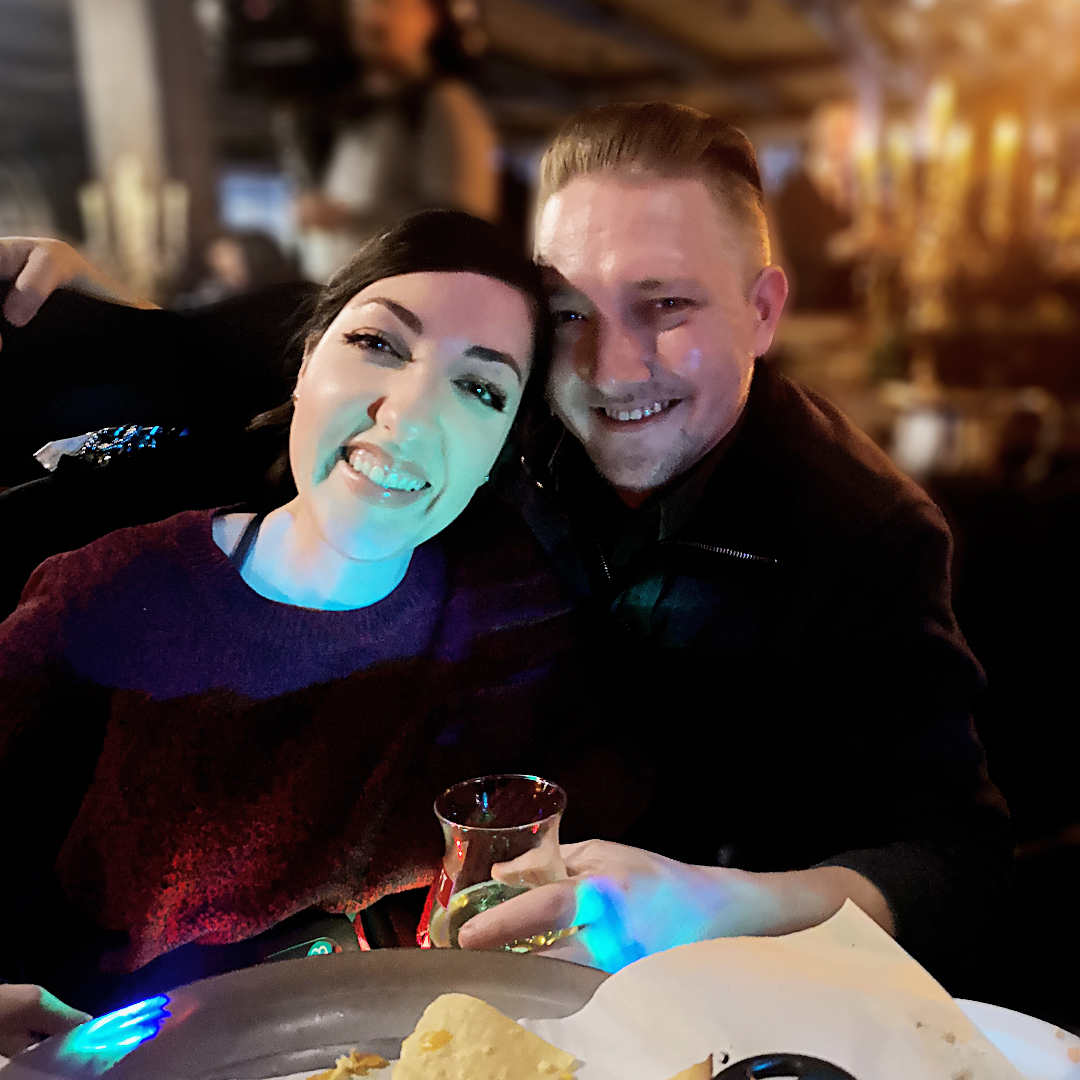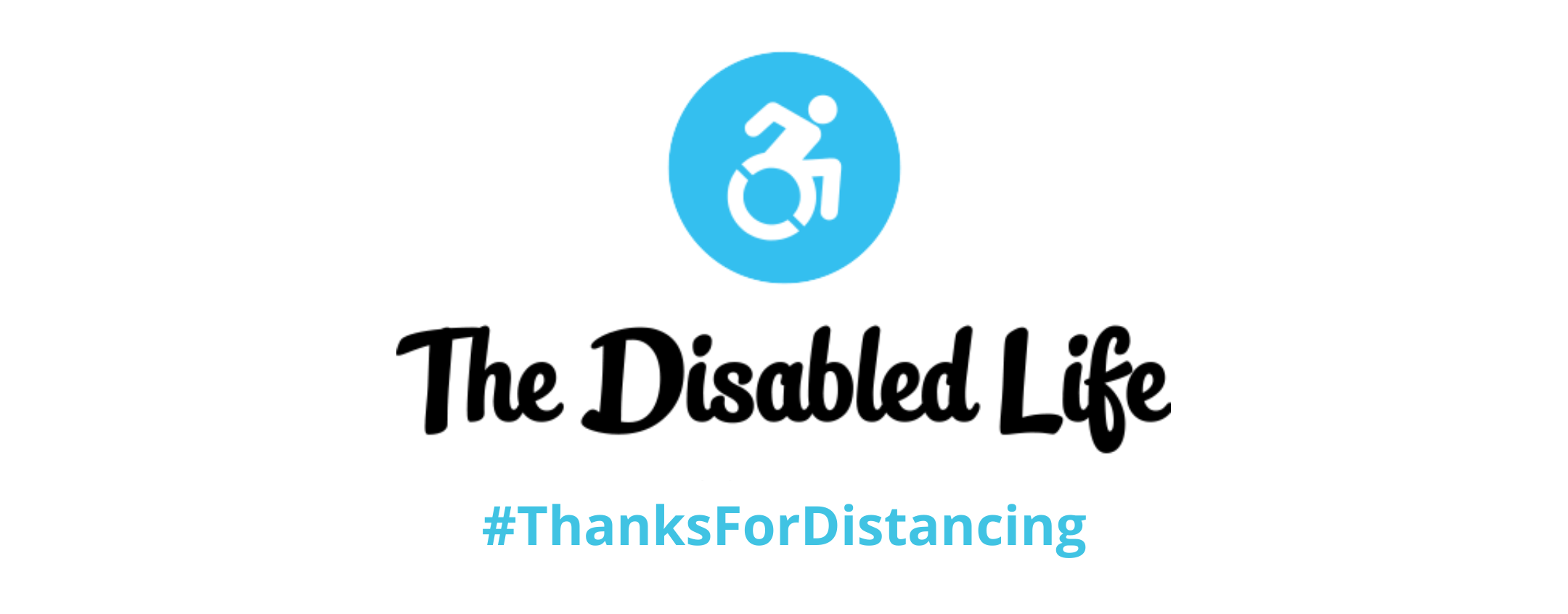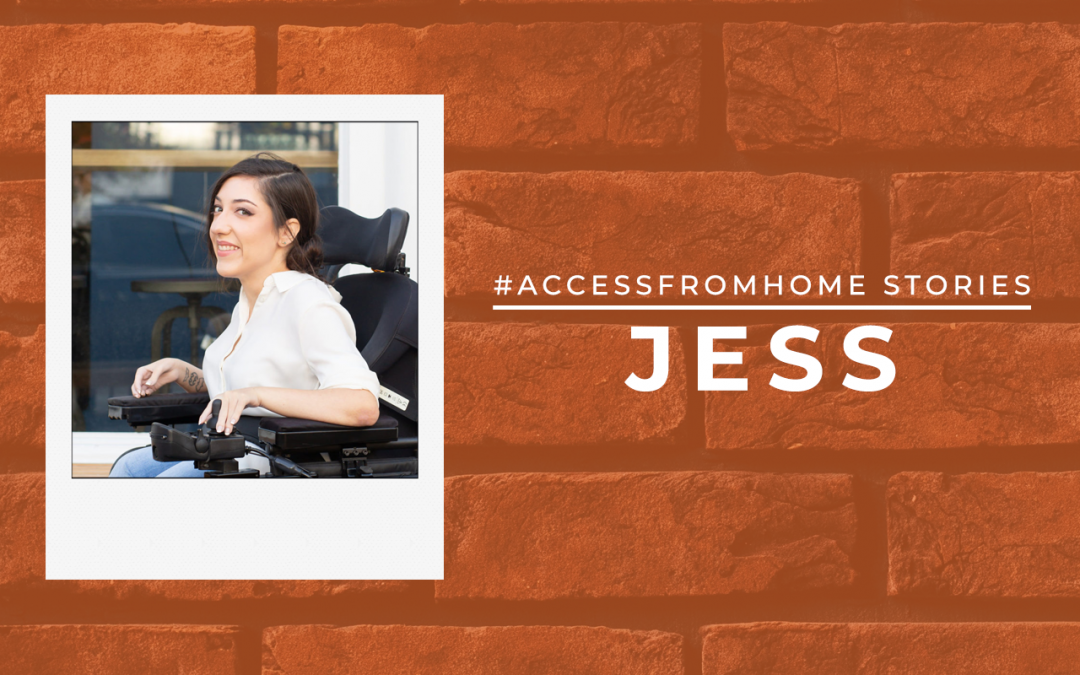On Dating a Frontline Worker During COVID-19
Words by Jessica Oddi
It’s been three months since I saw my partner. As a Biomedical Engineer, he’s one of many front line people working at the hospital, making sure equipment such as ventilators are in peak condition for use.
Even before the pandemic our relationship was distanced by location, seeing each other every couple of weeks. With an hour or more commute between us, and a halfway point being where he works, we’d arrange different ways to connect whenever we could. Sometimes he’d drive in after a shift to meet me for dinner. Or on weekends I’d make the hour commute by train to see him, meeting him at the station so we could take the subway together.
Now we don’t even get those sparse moments together. Given his daily exposure to the virus, driving to see me isn’t safe, especially since I live with other immunocompromised people. And given the population density of Toronto, taking the train and subway is far too high risk. We still text every day, as per usual, and try to video chat every weekend or so. But sometimes given the nature of his work, and both our physical exhaustion, we miss those too.

The thing is, I am immunocompromised. I have a physical disability which weakens my chest and abdominal muscles, making my ability to cough or clear my lungs extremely difficult. It also makes the durations of my illnesses last longer, often requiring antibiotics or remedies. In high school I would constantly be homesick from a common cold that would turn into full-blown bronchial infections. Being exposed to other people that were sick (whether it be other students, or EAs who were working close to me) kept getting me re-infected. I once spent a record of 52 days off from school due to illness. And that’s the thing, it doesn’t matter if it’s “just a cold”, a flu, or COVID-19, when you go out with an illness, you’re spreading it to at-risk people like myself, and others who might not recover.
We’re three months into isolating, and I have to say I’m both grateful and frustrated about it. As many others who are separated from their partners right now, the distance can be daunting. Yes there are video chats, and texting (and a slight pestering on my end for constant affirmation)… but frankly humans just weren’t built for this. As a disabled person, I’ve often dealt with touch deprivation, having a barrier for initiating physical contact. Which is why it’s something I value so much as one of my main love languages. The simple act of being scooped out of my chair, held or embraced, brings me such comfort and security. It’s a way of connecting that helps wash away my insecurities. Heck I miss physical contact so much… right now I’m even wanting my partner’s annoying habit of flicking my forehead with his finger just to bug me!
Although hard, I am grateful because this distancing is keeping me alive. My partner works 10-hour shifts exposing himself to COVID every day. Then he comes home and isolates to keep me and his loved ones safe. On top of that, he makes sure to check in on me when he’s the one I’m worried about. Having services accessible from home are helpful to keep us safely practicing social distancing while getting essential services, especially to immunocompromised people who cannot leave right now. So thank you. Thank you to all the partners distancing right now to keep your loved ones safe and healthy.

Jessica Oddi is a disabled graphic designer based in Canada. Her work has been featured in national outlets including New York Stock Exchange. She is particularly interested in collaborations involving representation, inclusivity and empowerment. She runs (or rather: rolls) The Disabled Life with her sister, Lianna. They started the hashtag #ThanksForDistancing which became a social media movement to share what physical distancing means for those in the disability community. Follow her on Instagram at @jessoddi.
– – – – – – – – – – – – – – – – –
#AccessFromHome Stories features people from the disability community and advocates and lived experiences at home during COVID-19. #AccessFromHome Stories is made possible by our Supporting Partners Government of Canada and CIBC.

